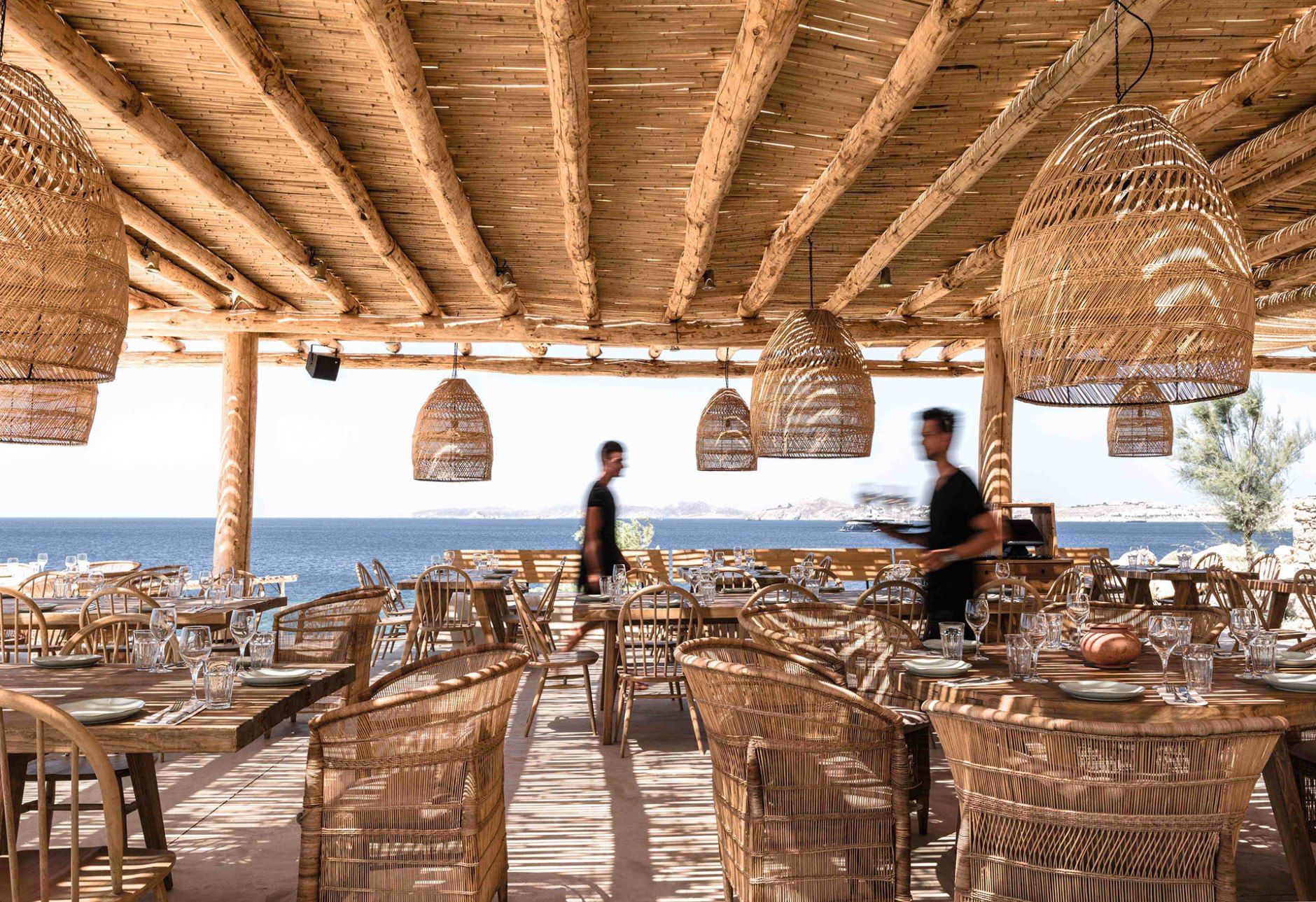Soho House's Parent Discloses Brand Growth Plan During IPO Roadshow

Skift Take
Membership Collective Group's IPO throws major fuel on the idea that members-only clubs have a future post-pandemic. While there may be opportunities in newer brands like The Ned and Scorpios, it is the mature Soho House that is the bread-and-butter to global expansion.
The company once known as Soho House & Co. plans to look beyond its namesake brand to fuel membership club growth around the world.
Membership Collective Group, the new parent company’s title, began a management roadshow Tuesday ahead of its planned initial public offering on the New York Stock Exchange. The company, which would trade under the “MCG” stock market symbol, plans to raise about $450 million by offering 30 million shares of its Class A common stock to the public, according to a virtual management presentation. MCG’s valuation could exceed $3 billion.
While a bulk of the company’s business centers around Soho House — and will continue to do so — company leaders also emphasized the potential for additional revenue streams in other membership platforms like Scorpios, a beach club in Greece, and the Ned, a London-based club.
“We see these brands as [having] huge potential to grow, and that is why we have created an umbrella and called it the
